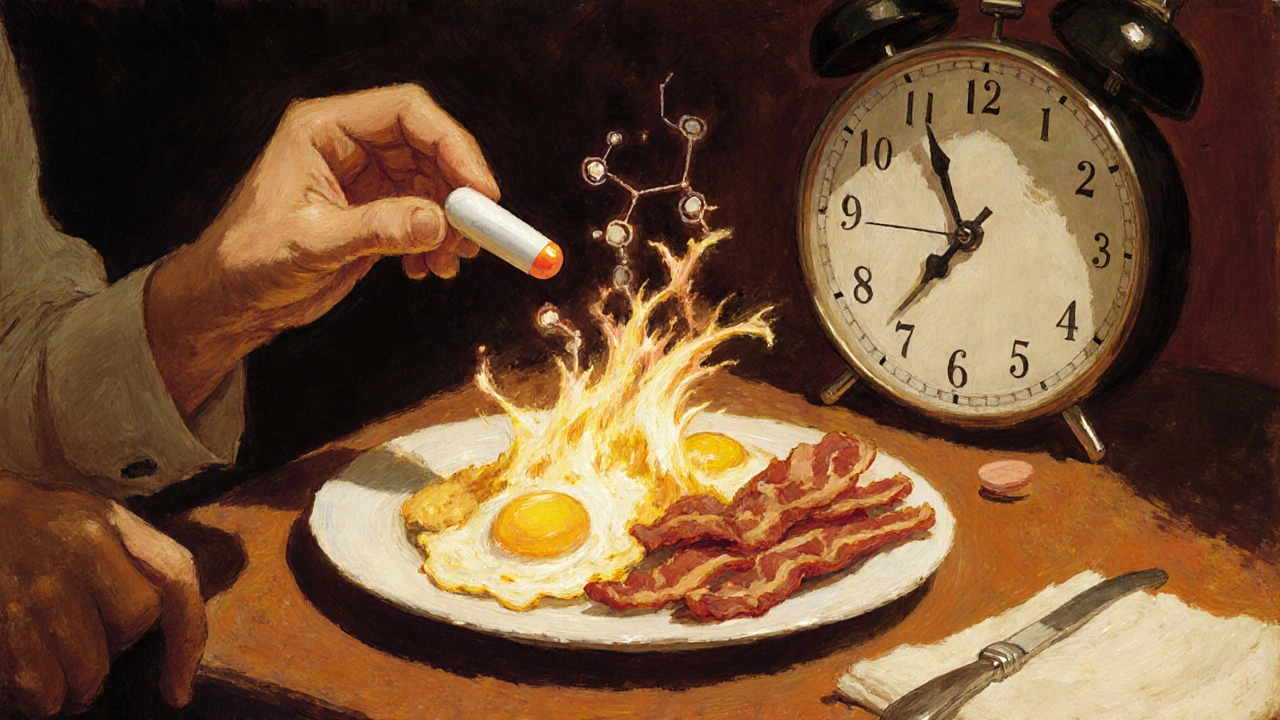Protein-Rich Foods Effects: How They Impact Muscle, Metabolism, and Health
When you eat protein-rich foods, foods high in amino acids that support tissue repair, hormone production, and muscle maintenance. Also known as high-protein foods, they’re not just for bodybuilders—they’re essential for everyone, especially as you age or manage chronic conditions. Your body uses protein to rebuild muscle after movement, to keep your immune system running, and even to help regulate your appetite. Skip enough of it, and you might notice fatigue, slower recovery, or even muscle loss—something many people don’t connect to their diet.
That muscle loss you’re seeing after 40? It’s not just aging. muscle loss, the gradual decline in skeletal muscle mass and strength. Also known as sarcopenia, it accelerates when protein intake is low and movement is limited. Women going through menopause are especially at risk—falling estrogen levels make muscles and tendons more fragile, and without enough protein, your body can’t repair them. That’s why posts about menopause, bone health, and hormone disruption all circle back to the same thing: you need more than just calcium. You need protein.
It’s not just about strength. metabolism, how your body turns food into energy. Also known as basal metabolic rate, it slows down over time, but protein helps keep it firing. Eating protein raises your metabolic rate more than carbs or fat because your body works harder to digest it. That’s why people on GLP-1 weight loss drugs or managing metabolic syndrome often get protein-focused advice—it helps control hunger and keeps your metabolism from crashing. And if you’re on long-term opioids or antidepressants, which can mess with hormones and appetite, protein becomes even more critical to maintain lean mass and energy.
Even your bones care. Yes, calcium gets all the attention, but protein makes up nearly half of bone structure. Studies show that people who eat adequate protein have stronger bones and lower fracture risk—especially when combined with movement. That’s why SGLT2 inhibitors and menopause posts both mention protein: it’s not just about the drug, it’s about what you eat alongside it.
Protein-rich foods aren’t magic, but they’re the foundation most people overlook. Whether you’re managing chronic pain, recovering from surgery, or just trying to stay strong as you get older, what you eat matters more than you think. Below, you’ll find real-world posts that connect protein to medications, aging, hormone shifts, and recovery—no fluff, just what works.

Protein-Rich Foods and Medications: How Diet Affects Drug Absorption and Effectiveness
Protein-rich foods can reduce medication absorption by up to 50%, especially for drugs like levodopa. Learn how to time meals and meds for maximum effectiveness without sacrificing nutrition.
Read more